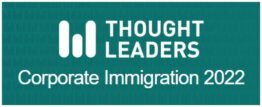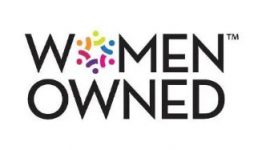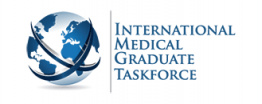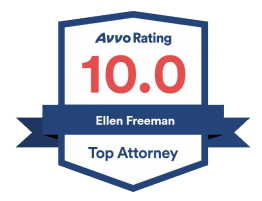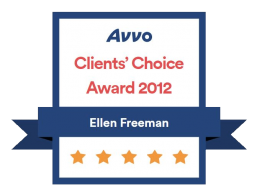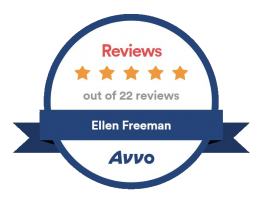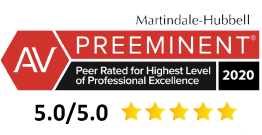
Questions & Answers
From starting out as an associate attorney to being named partner at an Am10 law firm, to breaking the “glass ceiling” as partner-in-charge, to now, founder (in 2019) and managing partner of her own namesake firm, Ellen Freeman has built and maintained a stellar international reputation of excellence in the field of corporate immigration law for over 20 years. Ellen’s many achievements have been earned through her selfless dedication to her clients and finding efficient solutions to their unique and challenging circumstances.
As immediate past chair of the AILA Global Immigration Section and current board member, could you elaborate on the goal of the organisation and what you achieved as chair?
The goal of the organisation and, in no small part, my goal as chair was to educate all US AILA members on the interplay of US and global immigration practices and the role international immigration attorneys play in servicing our global corporate clients who want to see seamless and consistent advice across the borders. As my chair year took place during the onset of the coronavirus pandemic, I had implemented daily Zoom webinars with up to the minute updates on border and consular closures, as well as changes to immigration practices around the world. Although we all worked from home, immigration attorneys felt connected. It was the first time in our professional lives when we experienced the same event and had very similar restrictions and obstacles to overcome. Our camaraderie, support for one another, great professional and practice management advice on surviving the downturn in business and sustaining our firms will forever be an example of global professionals coming together to aid one another. As a result of our Zoom webinars and conferences, the AILA Global Immigration Section emerged as a much bigger and stronger professional organisation giving American immigration attorneys a much better understanding of global immigration practices.
What reform would you introduce to immigration law in the US if you could and why?
Abolishing numerical caps on H-1B visas and reforming quotas on employment-based
green cards are of utmost priority to every US business immigration attorney. Expanding premium processing to more filings and creating accountability within government departments that handle immigration processes are achievable targets and demand our recently appointed officials to do their job. Current systems and processes lack any accountability and meaningful recourse. I would start there.
What distinguishes your practice from competitors in the market?
I take a very pragmatic approach to accomplishing the clients’ goals. While excelling on building sustainable systems and consistent procedures, I pride myself on providing highly individual care and attention to each client. Having witnessed the abusive and demeaning nature of the current US immigration system, I appreciate the urgency my clients feel in resolving their immigration status. Becoming an entrepreneur and starting my own firm a few years ago have made me look at corporate clients’ needs through a different lens. I can relate to the business needs in a different way than I did as a large firm attorney. Furthermore, my own personal journey as an immigrant, building a life in the US as an immigrant woman, coupled with my daily experience of speaking with an accent, have made me more empathetic to my individual clients’ sensibilities.
How have authorities responded to challenges of covid-19 in the US?
The US systems proved to be not as robust as developing countries, such as India, by way of example. The US authorities have been unwilling and unable to innovate and experiment. The system is crumbling under the weight of too many paper filings with employees working from home. We are facing a backlog of millions of visa applicants unable to schedule an interview that could have been conducted over a videoconferencing system. Over 18 months into the coronavirus pandemic, it feels so much worse than in the beginning where the long delays seemed temporary. It is a really sad picture akin to many US airports that are so overdue for a revamp.
What is the greatest challenge facing corporate immigration lawyers at the moment?
Giving predictability and certainty of case outcomes for corporate immigration work is the greatest challenge of the current political moment. While the administration has changed, the majority of on-the-ground players remain the same and it does not feel like we have made enough progress. For as long as the covid-19 and its many variants remain active, border closures, travel restrictions and immigration regulations stay in place.
What is the current focus of your pro bono work?
I am fortunate to be involved with some wonderful non-profit organisations, such as United Way, Vibrant Pittsburgh, Literacy Pittsburgh, Pittsburgh Dance Council among other local arts and service organisations. It is extremely gratifying to be able to assist these organisations pro bono with their constituents’ needs.
Source: Who’s Who Legal

